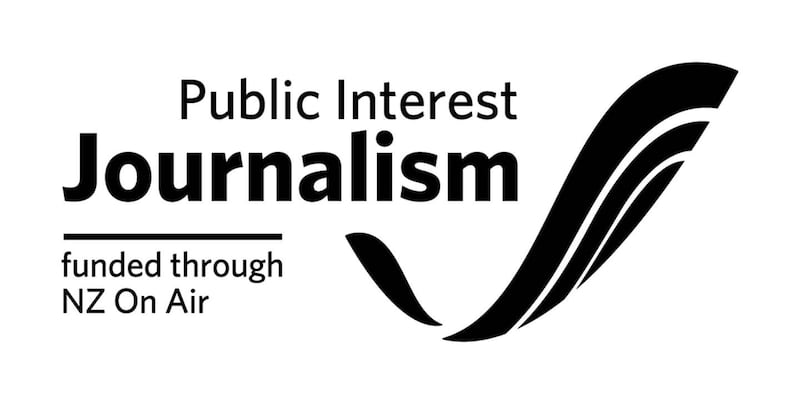Eva Wilson is a Te Rito journalism cadet.
Results of a nationwide study released today show Māori, Pasifika, tāngata whaikaha Māori and disabled tāngata Tiriti continue to be disproportionately impacted by Covid-19.
Researchers cited barriers to receiving care and medication, plus poor mental health support as “clear breaches of Te Tiriti o Waitangi in the government’s response to the pandemic”.
“The Covid-19 pandemic has affected everyone but it’s had much greater health, social and financial impacts on populations that are already significantly disadvantaged,” says study co-leader Dr Lynne Russell (Ngāti Kahungunu, Rangitāne, Kāi Tahu, Ngāti Porou) from Te Herenga Waka Victoria University of Wellington.
“Results show Māori, Pasifika, and disabled people were more likely to report barriers to healthcare when they had the virus. They were also more likely to report poorer mental health and higher rates of financial stress,” Dr Russell says.
The report, Ngā Kawekawe Mate Korona - Impacts of Covid-19, also found one in five of participants experienced symptoms of Long Covid, leading to recommendations of additional support for those with the condition.
The report finds Long Covid significantly affects people's ability to live their lives as they would have before infection, and Disability Rights Commissioner and new Whaikaha - Ministry of Disabled People chief executive Paula Tesoriero has identified that, for many people, Long Covid meets the accepted criteria of disability.
More barriers for disabled
Research co-leader and senior research fellow Dr Mona Jeffreys says many of those with Long Covid symptoms felt there was a lack of understanding of the condition by health professionals.
“In nearly all measured metrics, disabled people faced more barriers to care than non-disabled people – and this was even more pronounced for tāngata whaikaha Māori. Long Covid care continues to be insufficient and patchy."
University of Otago Department of Biochemistry emeritus professor Warren Tate says Long Covid is a diverse condition, and those affected suffer from a range of issues including organ damage, and post viral fatigue syndrome symptoms of sleep disturbances, pain, fatigue and post exertional malaise (post activity health deterioration).
“In New Zealand with perhaps three million of us having had the virus, and now some of us two or three times with a higher risk of ongoing illness, it means New Zealand could have a burden of at least 300,000 people needing targeted health, social and financial services."
Professor Tate says ensuring that Long Covid is recognised as a disability, to allow access to financial and practical support is an “essential recommendation”.
“People developing Long Covid have immediate needs for help from social services and financial services and need clearly easily accessible pathways to access these. They are debilitated from day one of their illness, most cannot work and they need wide support."
Seeking recognition, destigmatisation
University of Otago orthopaedic surgery and musculoskeletal medicine senior lecturer Dr Bronwyn Lennox Thompson, says “involving people with disabilities of all kinds and diverse backgrounds as new initiatives are developed is vital.”
"People living with Long Covid articulate their desire to be recognised, destigmatised, and to experience an integrated, joined-up approach to their needs. Their comments echo those consistently reported by people living with other ‘unexplained’ conditions such as chronic pain.”
Another of the key findings in the report was the “vital role Māori providers, iwi and communities played in supporting te tangata whenua during the pandemic” and asks the ministry to provide a wider range of services to support whānau and families in the future and fund community organisations to deliver these services.
Head researchers Russell and Jeffreys say they have “made a host of recommendations, arising from the research. Sustainable, long-term funding for providers with track records of supporting tāngata whenua with Covid-19 must be established and maintained."
In an excerpt from the report, researchers conclude the Ministry of Health has “an opportunity, an imperative, to think about what the future can look like.
“We need a health system that is Te Tiriti o Waitangi compliant, that is pro-equity, that is anti-racist and culturally safe. Aotearoa can and must take the necessary actions to realise this future now, for the generations to come.”


